The Ultimate Guide to Newborn Sleep
Newborns may only eat, sleep and poop-but they still come with so many questions! New parents can rest easy with our ultimate guide to newborn sleep.
The moment your newborn is placed in the arms of a parent there is an overwhelming feeling of love. Yet with this bundle of joy also comes a huge responsibility as well as an infinite number of questions. How much should your baby sleep? When is the right time to sleep train? Should we start our baby in a bassinet or crib?
While not every answer is right for every baby, things like sleep cues, helping baby to learn their days from their nights and safer baby sleep can help you and your baby get more rest.

How Much Should my Baby Sleep?
Newborns are unpredictable to say the least. Newborn sleep can vary anywhere from eight to 18 hours a day during the first week. While this may sound like a great opportunity for parents to get some much needed rest, a newborn’s desire to sleep close can often mean that they only want to sleep in the arms of a caregiver. Some babies will wake up if placed in a bassinet or carrier. So while baby may be getting rest, their parents may not.
While breast may be best, studies show that breast fed newborns have less total hours of sleep per day than bottle fed newborns. Having babies close at hand can help to encourage more sleep in breastfeeding mothers.The Canadian Pediatric Society recommends that babies sleep in a crib or bassinet the same room as their parents for the first six months of life.
|
Infants (4-12 months) |
12-16 hours |
|
Toddlers (1-2 years old) |
11-14 hours |
|
Children (3-5 years old) |
10-13 hours |
|
Children (6-12 years old) |
9-12 hours |
|
Teenagers (13-18 years old) |
8-10 hours |
Source: Canadian Pediatric Society
How Long Until my Baby Sleeps Through the Night?

This seems to be the question on every parent’s mind (especially when they are feeling the lack of sleep!) Newborns usually sleep in stretches anywhere from 15 minutes to three or four hours at a time. They aren’t waking up to play though. Newborns have small stomachs and will wake to feed during the night.
While some newborns prefer to cluster feed (small frequent meals) and wake up more often, others are happy to fill their stomachs and drift off to dreamland. Your doctor can advise whether or not you need to wake your baby.
As your baby grows (it goes too fast) you will start to notice that they are alert for longer periods during the day, and sleep longer at night. Some babies start sleeping through the night (six to eight hours) around three months old while others are still waking through the night at a year. By the time your child is four months old, they should be sleeping about 12-16 hours a day including their daytime naps.
How to Get your Newborn on a Sleep Schedule
Shortly after birth, many infants have their days and nights confused so they may sleep more during the day and less at night. Luckily for the tired parents out there, there are some easy ways to help your little one learn when it is time to sleep and when it is time to play.
During the day:
- Don’t be afraid to make noise. After all, this is not the time you ideally want your baby to associate with sleep anyway.
- Open the curtains to get light into the house. Even if you haven’t showered in days, the sunlight will help you both to feel more alert.
- Go for a morning walk-In the morning exposure to sunlight can give you an energy boost and alert your brain that it is time to start the day.
- Play with your baby-this is a special time to play with baby and let them practice new skills.
At night:
Learn the Signs of Sleep

Many parents will notice that if they put their baby down in their bassinet or crib asleep they will automatically wake back up. This is because they are only in the early stages of sleep and any sudden movements will wake them.
Infant sleep stages begin forming during the last month of pregnancy. Babies, like adults have various stages of sleep and may lie completely still or be actively moving while dreaming.
- In the first stage of sleep baby is tired and eyes are drooping. They may be opening and closing their eyes. This is the time to speak in soothing tones, rub their hair and snuggle the little ones into the next stage.
- In the second stage of sleep baby is sleeping lightly. They may startle at a sudden noise or movement. Although tempting this is not yet the time you can put them down and not have them wake right back up.
- The third and fourth stage of sleep are deep sleep. Baby will drift between these stages of sleep throughout the night. Moving from one stage to the other can cause baby to wake during the night until they learn how to go back to sleep.
So now that you have learned the signs of sleep, it is also important to learn the states of alertness.
An overtired baby is hard to feed, put to bed and deal with in general. Babies who miss a nap are harder, not easier, to put to bed at night.
States of Alertness
Just like there are different sleep states, babies also have different states of alertness.
Quiet awake: This is the typical state after your baby wakes up. You will notice that your baby is very still, but taking in everything around them.
Active alert: Baby is attentive to sounds and motion and is actively moving.
Crying phase: Baby’s body moves erratically and they may cry loudly. They can easily become overstimulated in this phase. Swaddling baby can help to calm them.
Helping Baby to Sleep
While new babies need a lot of sleep, they will likely need your help to learn to fall asleep. One of the best ways to help your baby is to recognize the signs of sleep so your baby does not become overtired.
A typical newborn will only stay awake for about an hour or two at a time. By keeping track of the time your baby has spent awake and looking for the signs of sleep you can start to establish a sleep schedule with your baby.
Signs that baby is ready for sleep include:
- Rubbing their eyes
- Yawning
- Looking away
- Fussing
Once your baby starts showing signs they are ready to sleep, you can start learning which ways work best for soothing your baby to sleep.
Many parents find that rocking, singing a soothing song or breastfeeding their baby helps to get them ready for bed.
Try to put your baby in bed when they are drowsy (first stage of sleep) rather than when they are already asleep. This will help them slowly learn how to move from the first stage of sleep on their own.

Establishing a Good Bedtime Routine
Parenting is a huge learning curve and is also one you are expected to figure out while sleep deprived. It will take a few weeks to learn the basics of taking care of your new baby. Once you have settled into a routine it is time to tackle bedtime
Starting a simple routine and continuing it as your child grows will encourage good sleep habits and can make it easier for your child to settle into sleep.
While many new parents may think that an evening bath is the best way to calm baby down for sleep, it is not always true. While some babies love water, others feel the exact opposite. Some babies calm down after a warm bath and others become energized. It won’t take long for you to learn how your baby reacts to the water and whether bathtime is better to be part of the morning or bedtime routine.
Newborn babies also do not require a daily bath. Many parents stick to sponge baths for the first couple of days. As baby grows many parents choose to bathe their children in the sink or a small basin. It is recommended that your young baby be bathed about three times a week using a mild cleanser only sparingly in order to not dry out their sensitive skin.
Help your Baby to Sleep
- Gently massage your baby using natural oils
- Read a book together
- Rock your baby in your arms or while sitting in a chair
- Sing a familiar lullaby
Safer Sleep Practices

Both you and your baby can sleep sounder knowing that you are practicing safer sleep. Creating a safe sleep environment for baby can reduce the risk of injuries and sleep-related death, including Sudden Infant Death Syndrome.
Keep your Baby Safer While Sleeping:

- Always put your baby on their back to go to sleep. Once your baby is old enough to roll over then they are able to sleep on their tummy.
- Never use items to prop your baby in a certain position during sleep (unless directed to by your doctor).
- Baby should sleep on a firm surface that is free of hazards. Use a crib, cradle or bassinet with a firm mattress, tight sheet and without bumper pads, pillows, heavy blankets or toys. Make sure the crib, cradle or bassinet meets the Canadian Safety Standards.
- Never let baby sleep alone on a soft surface such as a couch, duvet or waterbed.
- Make sure that the crib mattress fits firmly and is no more than 15 cm thick
- Crib bars should be no more than 6 cm apart
- Make sure there are no knobs or items in the crib that could catch baby’s clothing if they try and climb out.
- Make sure there are no straps, cords or window blinds near the crib.
- If your baby falls asleep in their carseat, transfer them to a safe sleeping area once you arrive home. Do not leave them asleep in their carseat.
While teaching a newborn how to fall asleep can be exhausting, it is not the only sleep challenge for new parents. Check out our article on how to deal with the three month sleep regression for more tips on getting some much needed shut eye!




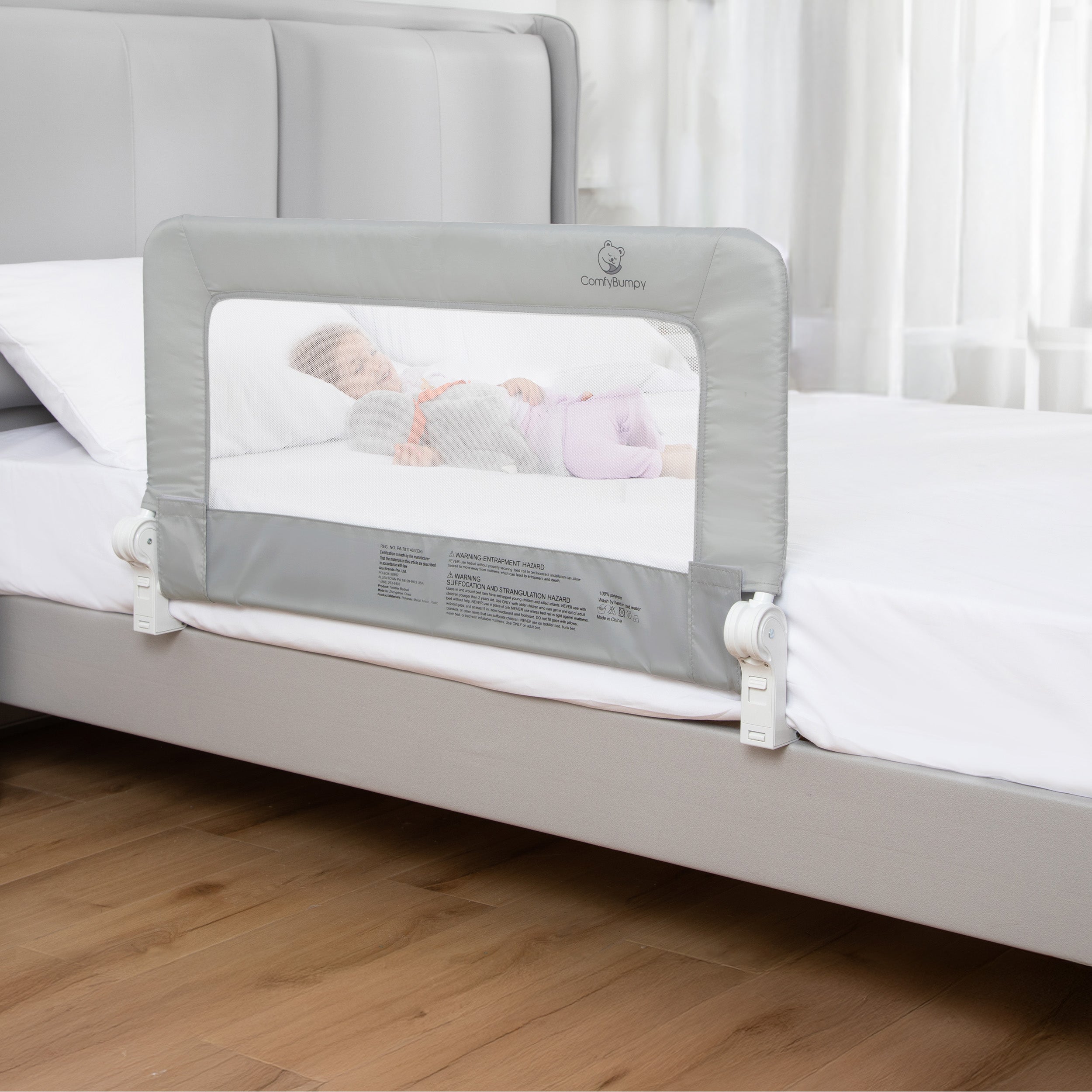
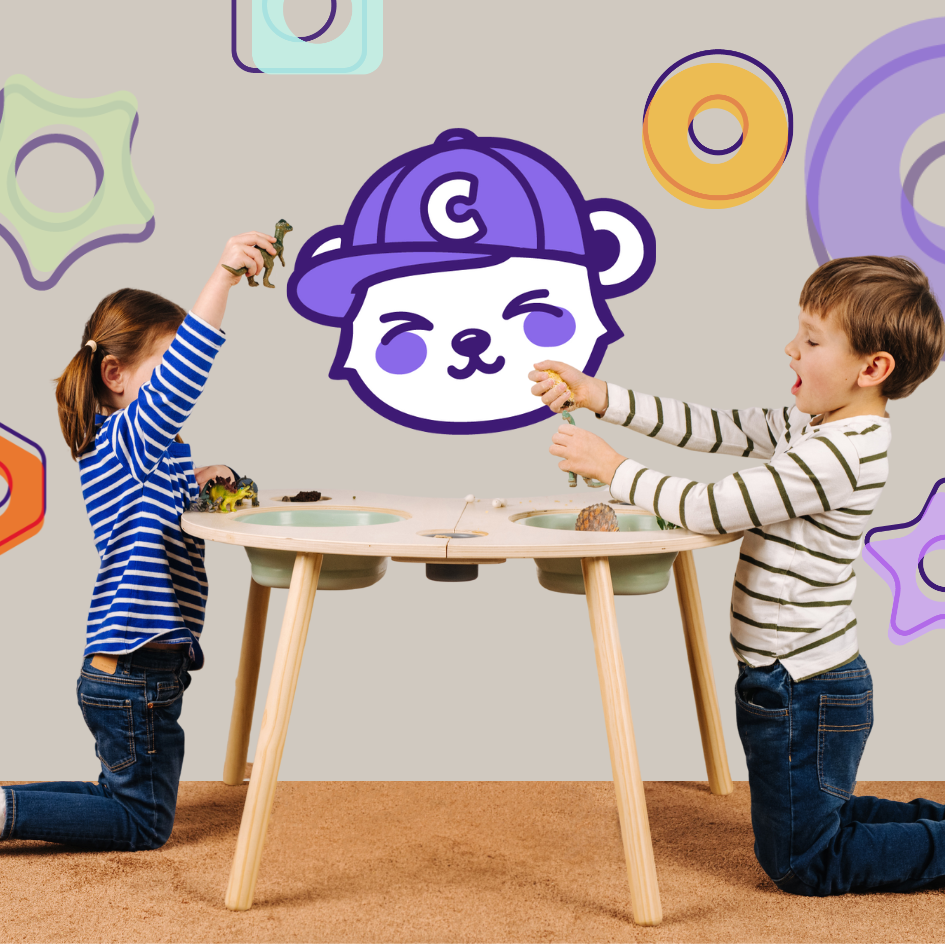
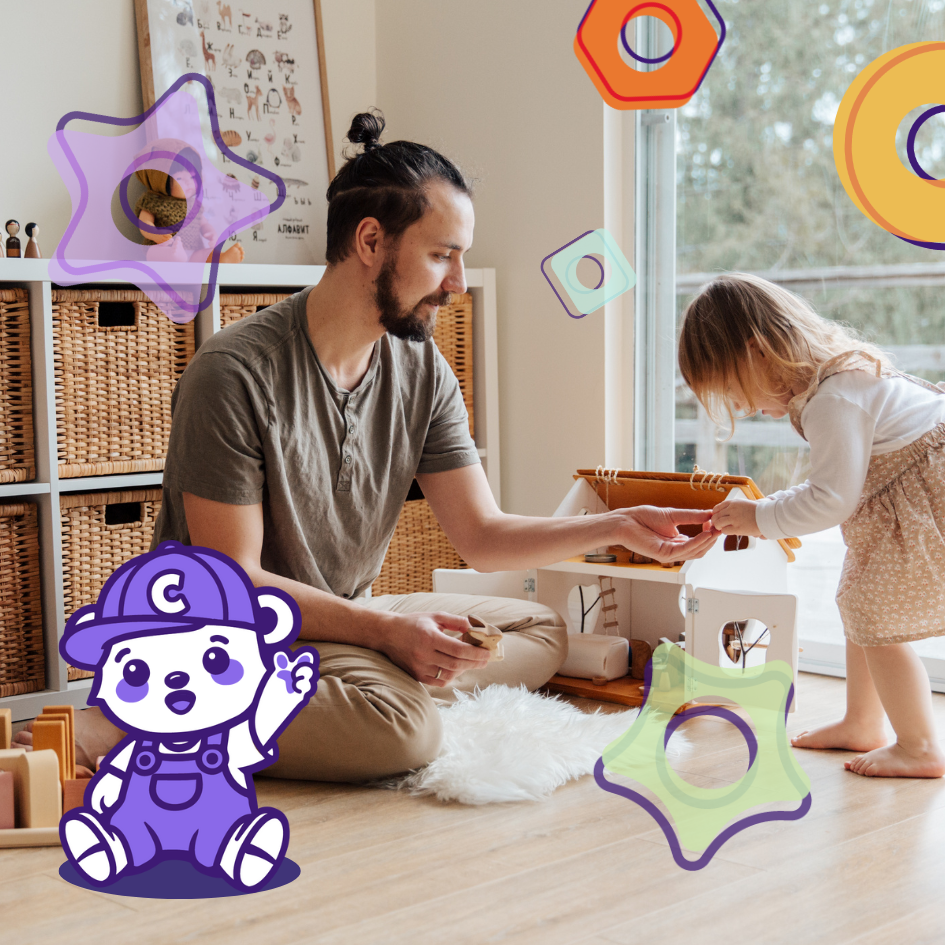
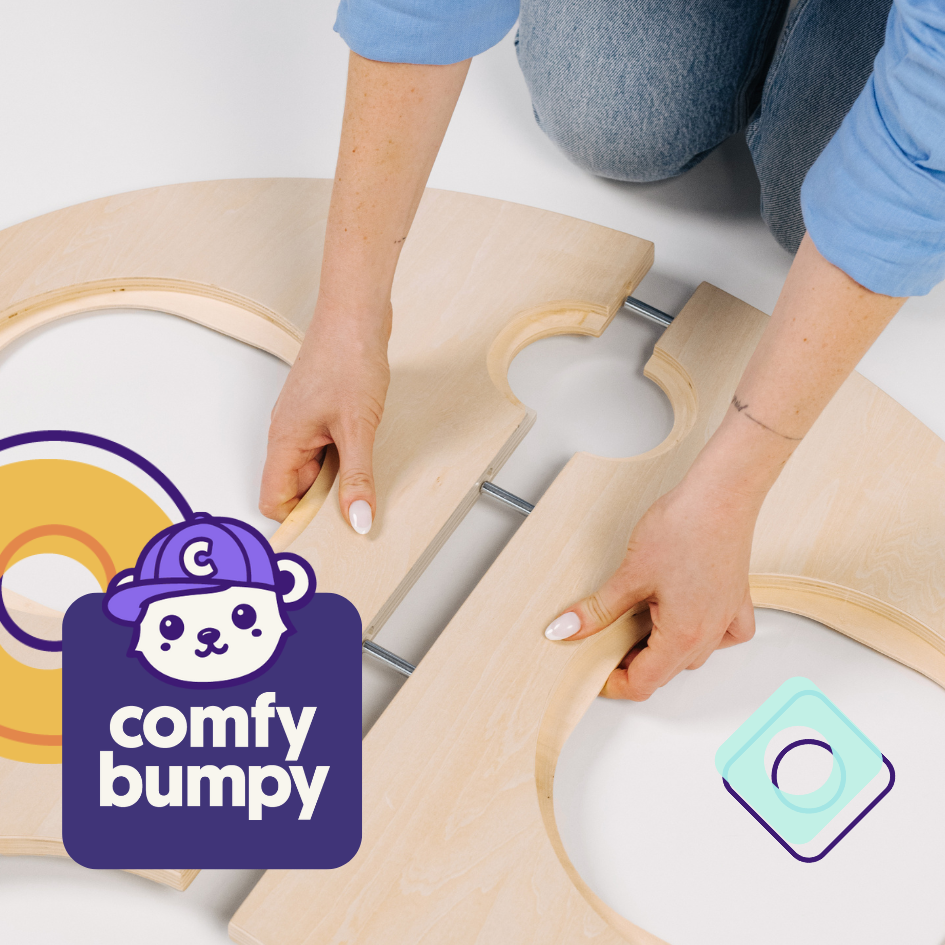
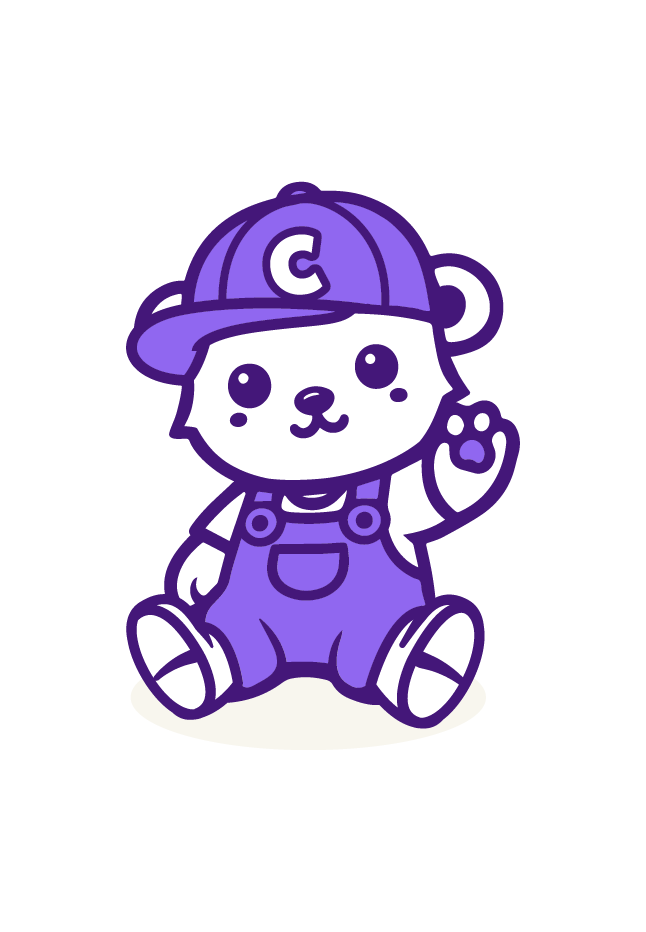
Leave a comment